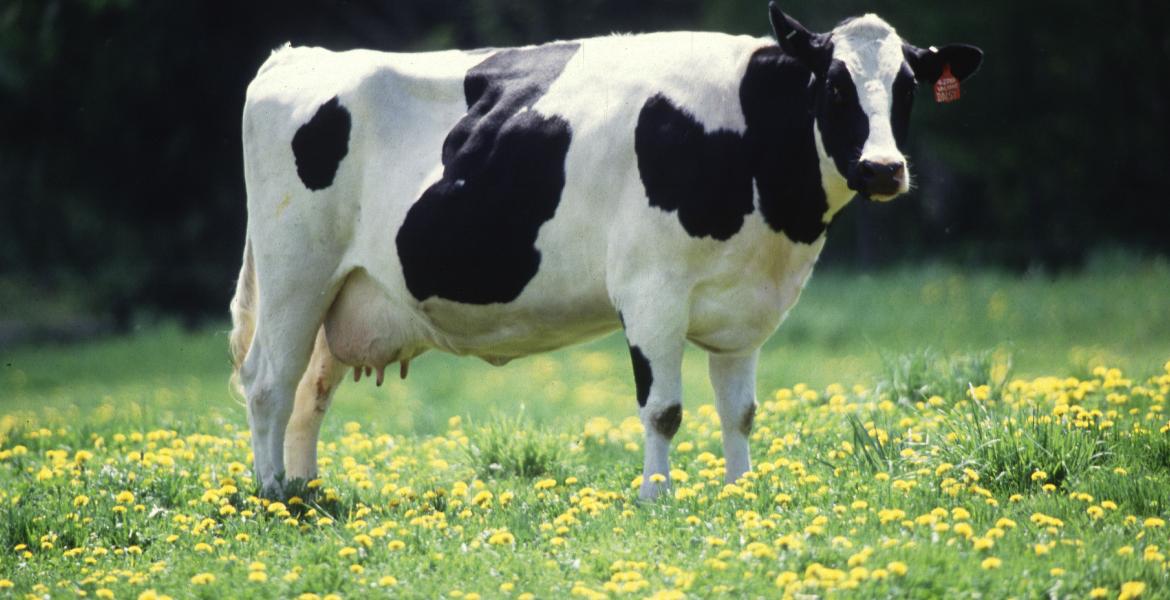WASHINGTON, D.C.– In Washington, DC, Saturday the Environmental Protection Agency (EPA) concluded vital Clean Air Act safeguards targeting methane and other detrimental emissions from the oil and gas industry, marking a significant victory for climate preservation and public well-being in Texas.
These protective measures, a result of extensive advocacy efforts by Sierra Club and its supporters, establish groundbreaking standards for existing equipment while bolstering regulations for new equipment.
Methane, a potent greenhouse gas, possesses more than 80 times the warming potential of carbon dioxide over a 20-year period, contributing to approximately one-third of the Earth’s warming to date. Annually, the U.S. oil and gas sector emits 16 million metric tons of methane alongside other harmful pollutants such as smog-inducing substances, soot, and air toxins like benzene and formaldehyde, known to cause cancer.
Texas, the largest producer of oil and gas in the nation, released over 564 billion cubic feet of methane in 2019 alone. A recent satellite analysis of the Permian Basin revealed that Texas emitted twice as much methane as the gas industry in New Mexico, a state with its own pollution regulations. However, neither the Texas Railroad Commission, responsible for regulating oil and gas production, nor the Texas Commission on Environmental Quality, have implemented rules or standards to curb these emissions. Consequently, the federal rule's impact on Texas is expected to be more significant than in any other state, prompting cautious celebration among Texas organizations.
Cyrus Reed, Conservation Director of Sierra Club Lone Star Chapter, remarked, “Texas state agencies have long neglected the issue of methane emissions from the oil and gas industry. We anticipate Governor Abbott and Attorney General Paxton may contest this rule, which could greatly benefit the state.
The finalization of the EPA’s methane rule holds the potential to tangibly alleviate pollution for frontline Texas communities and benefit our climate. We commend the Biden Administration's efforts in mandating the oil and gas industry to address this substantial air pollution. We will actively oppose any attempt to retract this crucial rule and urge Texas to promptly implement it.”
Virginia Palacios, Executive Director of Commission Shift, criticized the Texas Railroad Commission, stating, “The agency lacks a clear process for rejecting venting and flaring requests, highlighting the disregard for preventing waste and safeguarding public health. Campaign contributions received by commissioners from companies they grant flaring permits to raise concerns about their priorities. Strong federal regulations are necessary to establish reasonable boundaries that prevent air pollution and foster job creation in Texas.”
Sheila Serna, Climate Science and Policy Director for the Rio Grande International Study Center, emphasized the importance of remaining vigilant and advocating for more robust measures to protect the climate, health, and environmental justice. “While we celebrate this milestone, we remain watchful against potential challenges and will persist in advocating for stronger measures to safeguard our climate, health, and environmental justice,” she said.
EPA's analysis forecasts that the final standards are poised to prevent 58 million tons of methane emissions nationwide by 2038, along with 16 million tons of volatile organic compounds and 590,000 tons of air toxins. These reductions will be achieved through measures including enhanced leak detection, mandatory repair of all wells regardless of size or operational status, installation of non-polluting pneumatic equipment, phased-in prohibition on routine flaring of gas at new wells, and a program leveraging third-party monitoring data to identify and halt substantial emission events.
During an extensive comment period earlier in the year, a diverse coalition supporting the methane rule submitted over 400,000 comments, with more than 16,000 coming from Sierra Club members and volunteers. These comments urged the EPA to finalize and enforce the most robust protections for health and welfare.
Moving forward, Sierra Club and its coalition partners aim to defend the rule against attacks from fossil fuel interests and their political allies. Their objective is to ensure proper implementation and enforcement of the final standards to shield communities from the impacts of oil and gas pollution.
Subscribe to the LIVE! Daily
Required






Post a comment to this article here: